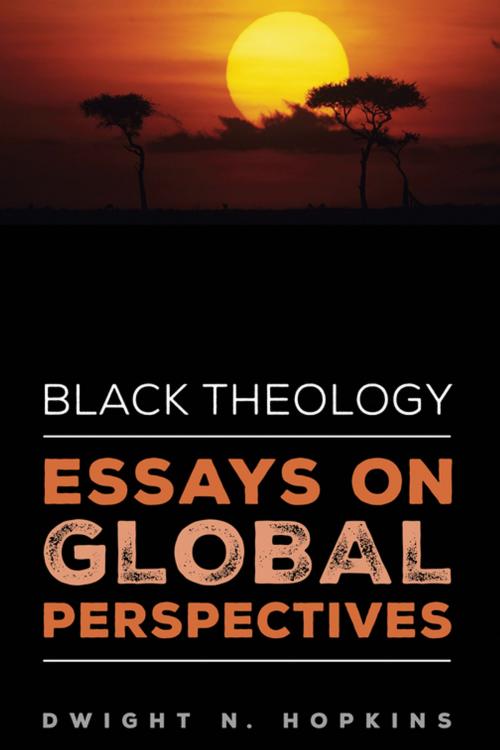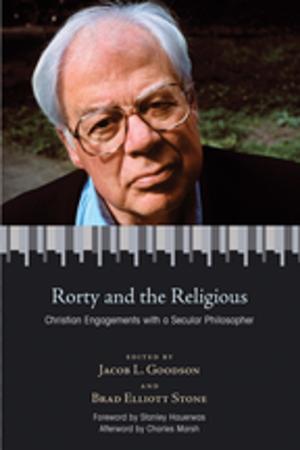Black Theology—Essays on Global Perspectives
Nonfiction, Religion & Spirituality, Theology, Christianity| Author: | Dwight N. Hopkins | ISBN: | 9781532608223 |
| Publisher: | Wipf and Stock Publishers | Publication: | June 15, 2017 |
| Imprint: | Cascade Books | Language: | English |
| Author: | Dwight N. Hopkins |
| ISBN: | 9781532608223 |
| Publisher: | Wipf and Stock Publishers |
| Publication: | June 15, 2017 |
| Imprint: | Cascade Books |
| Language: | English |
Since its start in 1966, black liberation theology in the United States has continually engaged international developments with Africa and the entire world. But after Nelson Mandela was released from prison in February 1990, there has been an almost twenty-year break in books on black theology and international affairs. Black Theology--Essays on Global Perspectives bridges that post-1990 gap and makes a vital contact with Africa again. This book conceptualizes black theology to take on the global reconfigurations and opportunities brought about by the rapidly shrinking earth of fast-paced, worldwide contacts. In other words, in the specificity of the genealogy of black theology, we need to reforge ties with Africa. This claim is based on tradition. And in the generality of the larger worldwide intertwining of technologies and economics, we need a new type of black theological leadership for the twenty-first century. This claim is based on today's international challenges. The essays in this book draw on tradition and point forward in the midst of today's worldwide challenges and favorable possibilities, given the closeness of all nations and the varieties of cultures.
Since its start in 1966, black liberation theology in the United States has continually engaged international developments with Africa and the entire world. But after Nelson Mandela was released from prison in February 1990, there has been an almost twenty-year break in books on black theology and international affairs. Black Theology--Essays on Global Perspectives bridges that post-1990 gap and makes a vital contact with Africa again. This book conceptualizes black theology to take on the global reconfigurations and opportunities brought about by the rapidly shrinking earth of fast-paced, worldwide contacts. In other words, in the specificity of the genealogy of black theology, we need to reforge ties with Africa. This claim is based on tradition. And in the generality of the larger worldwide intertwining of technologies and economics, we need a new type of black theological leadership for the twenty-first century. This claim is based on today's international challenges. The essays in this book draw on tradition and point forward in the midst of today's worldwide challenges and favorable possibilities, given the closeness of all nations and the varieties of cultures.















